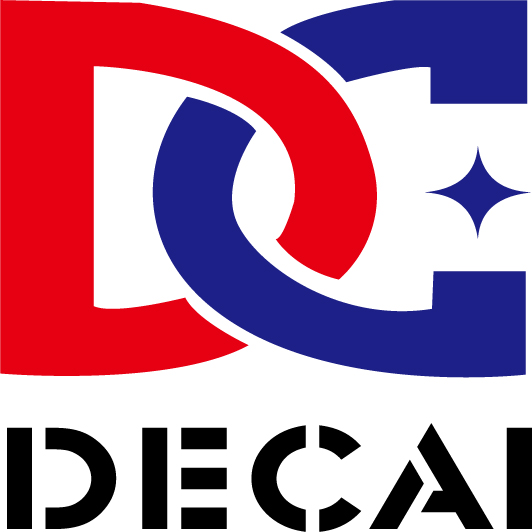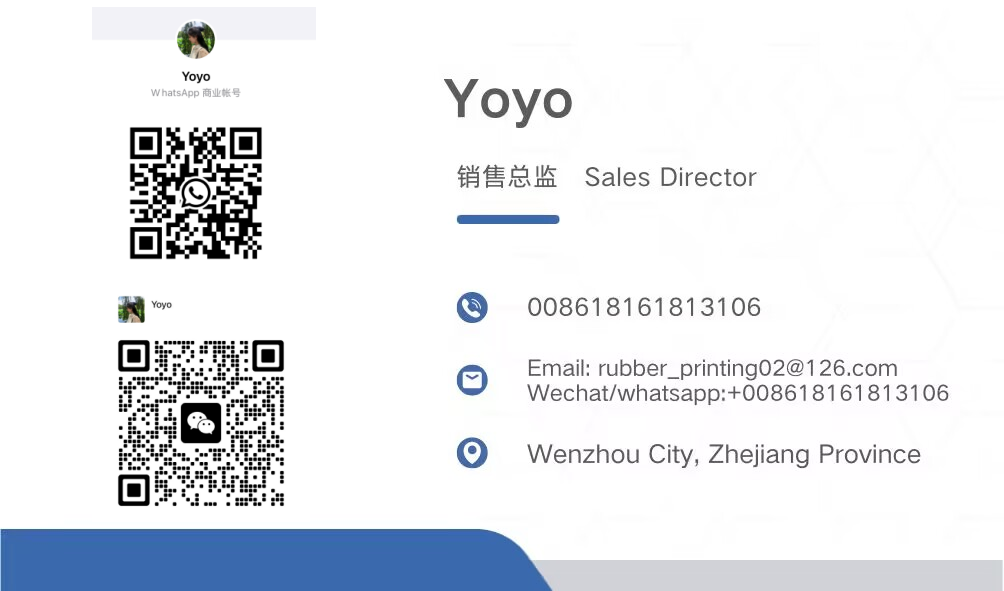1. Integrated molding to improve product quality
Aesthetics: The label is injection molded synchronously with the product, with no seams, bubbles or curled edges on the surface, smooth touch, and presents a high-end texture.
Durability: Scratch resistant, waterproof and oil resistant, suitable for high-temperature disinfection (such as food packaging) or long-term outdoor use (such as daily chemical bottle bodies), with a lifespan far exceeding traditional labeling.
Anti counterfeiting: The label is embedded inside the product and cannot be peeled off or tampered with again, effectively eliminating the risk of counterfeiting.
2. Efficient production process and controllable long-term costs
Simplify the process: eliminate traditional steps such as labeling, drying, and glue curing, and increase production efficiency by 30% -50%.
Reduce losses: Reduce defective products caused by label misalignment and detachment, with a material utilization rate of over 95%.
Low maintenance cost: The label has the same lifespan as the product, avoiding additional expenses for replacing the label after sales.
3. Flexible design to expand application scenarios
Adapt to complex structures: can accurately fit curved, concave convex, or irregular containers (such as cosmetic bottles, electronic device casings).
Strong color expression: Supports high-precision full-color printing, with gradient, metallic luster and other effects directly formed without post-processing.
Function integration: Tags can be combined with intelligent technologies such as QR codes and RFID to assist in brand digital marketing.
4. Green and environmentally friendly, in line with the trend of sustainable development
Material compatibility: The IML label is made of the same material as the container (such as PP label+PP bottle body), making it easy to recycle as a whole and reducing plastic pollution.
Zero glue process: avoids VOC emissions caused by traditional adhesives, and the production process is cleaner.
Carbon reduction and efficiency improvement: The comprehensive energy consumption of a single product is reduced by 20%, which meets ESG (environmental, social, and governance) requirements.
Summary: IML technology has solved the pain points of traditional labels such as fragility, low efficiency, and high pollution through process innovation and material innovation. It is particularly suitable for the food, pharmaceutical, and high-end consumer goods industries that have strict requirements for quality, safety, and environmental protection. It is one of the mainstream directions for packaging upgrading.
Post time: Apr-09-2025

